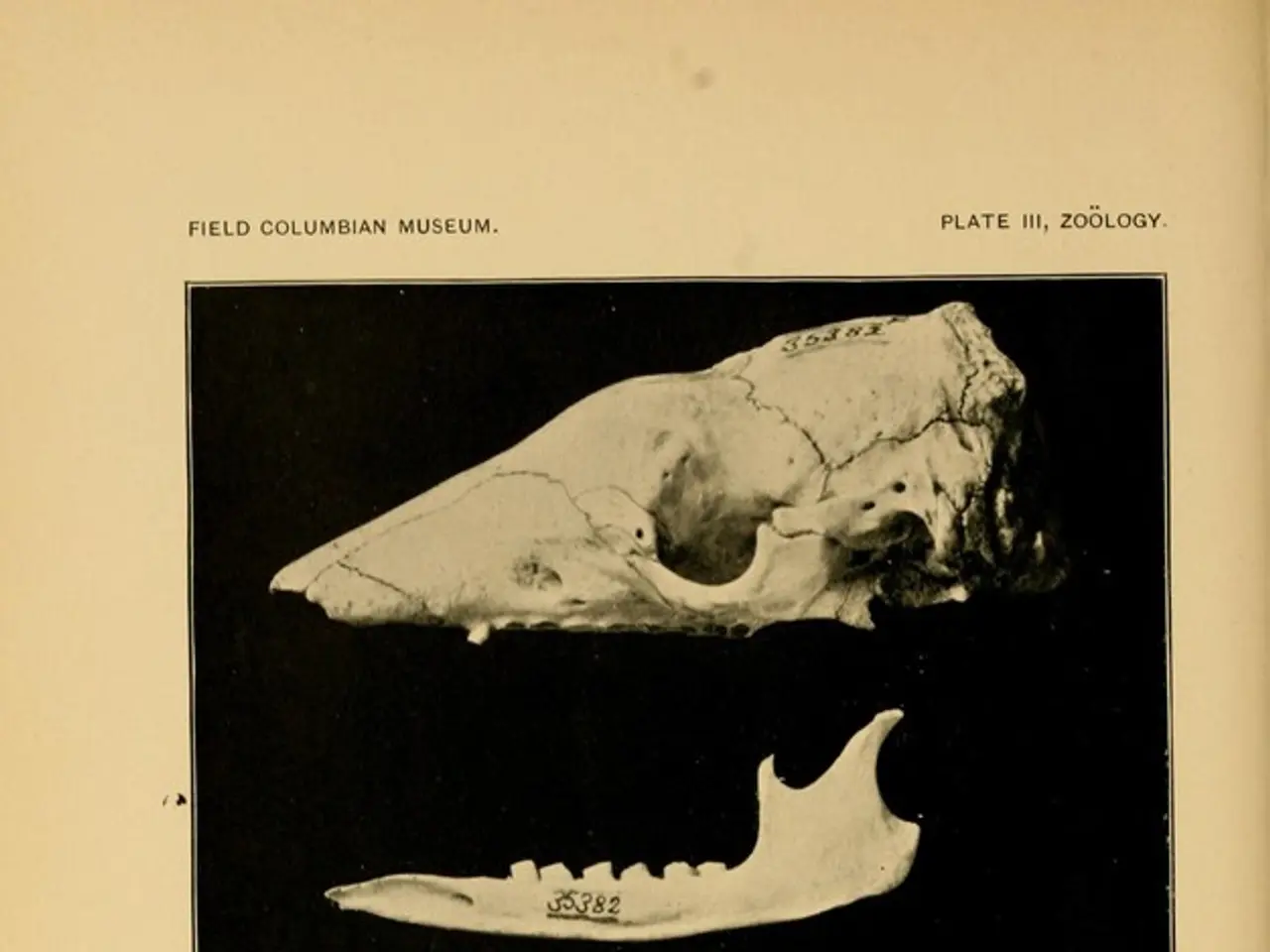Rheumatoid Arthritis Cases Rising in Germany: Early Diagnosis Crucial
Rheumatoid arthritis (RA), a chronic autoimmune disease, is on the rise in Germany, with more cases being recognised and recorded. Unlike osteoarthritis, RA can cause joint damage on both sides of the body. It's an autoimmune disorder where the immune system attacks healthy tissues, leading to inflammation and joint damage. Early diagnosis and treatment are crucial to manage symptoms and prevent permanent damage.
RA can affect various joints, with the hands, wrists, and knees being common targets. However, it can also impact other body systems like the lungs, heart, and eyes. Diagnosing RA involves a physical exam, medical history, and lab tests or imaging procedures to confirm clinical findings. There's no cure for RA, but medications and a treat-to-target approach can help manage symptoms and prevent further joint damage.
Risk factors for RA include genetics, smoking, obesity, diet, and age. Females are more likely to develop RA than males. The disease can manifest in different types, including seropositive RA, seronegative RA, and juvenile idiopathic arthritis (JIA). RA can also increase the risk of other health complications such as heart disease, lung disease, osteoporosis, and anemia.
RA is a serious health condition that requires ongoing management. Despite the rising number of cases in Germany, there's no evidence of a sudden increase in 2021 alone. Instead, it's likely due to better recognition, diagnosis, and recording of the disease. Early diagnosis and treatment are key to preventing permanent joint damage and managing symptoms. If you experience joint pain, swelling, or stiffness, it's important to consult a healthcare provider.






